I was wondering how to make a function alter two variables (the return and another one) and I stumbled upon calling the function with an '&' before the parameter (which I understand to mean the address of the parameter) then throughout your function, referencing it with the '*' sign (which I guess is a "dereference" and means it alters the object at the address).
Anyways, this was all going fine, then a friend said you can just call the function with the variable directly, refer to the variable with an & before it in the header, and treat it normally throughout the function. This seems way easier, so why isn't there more about it on the web? Is one style more correct than the other?
void foo(int &junk) //The way the friend said
{
junk++;
}
void oof(int *junk) //what I found, and what the internet seems full of
{
(*junk)++;
}
int main ()
{
int junk=1;
std::cout << junk << "\n";
foo(junk);
std::cout << junk << "\n";
oof(&junk);
std::cout << junk;
}
This outputs:
1
2
3
So everything works fine, I'd assume.
